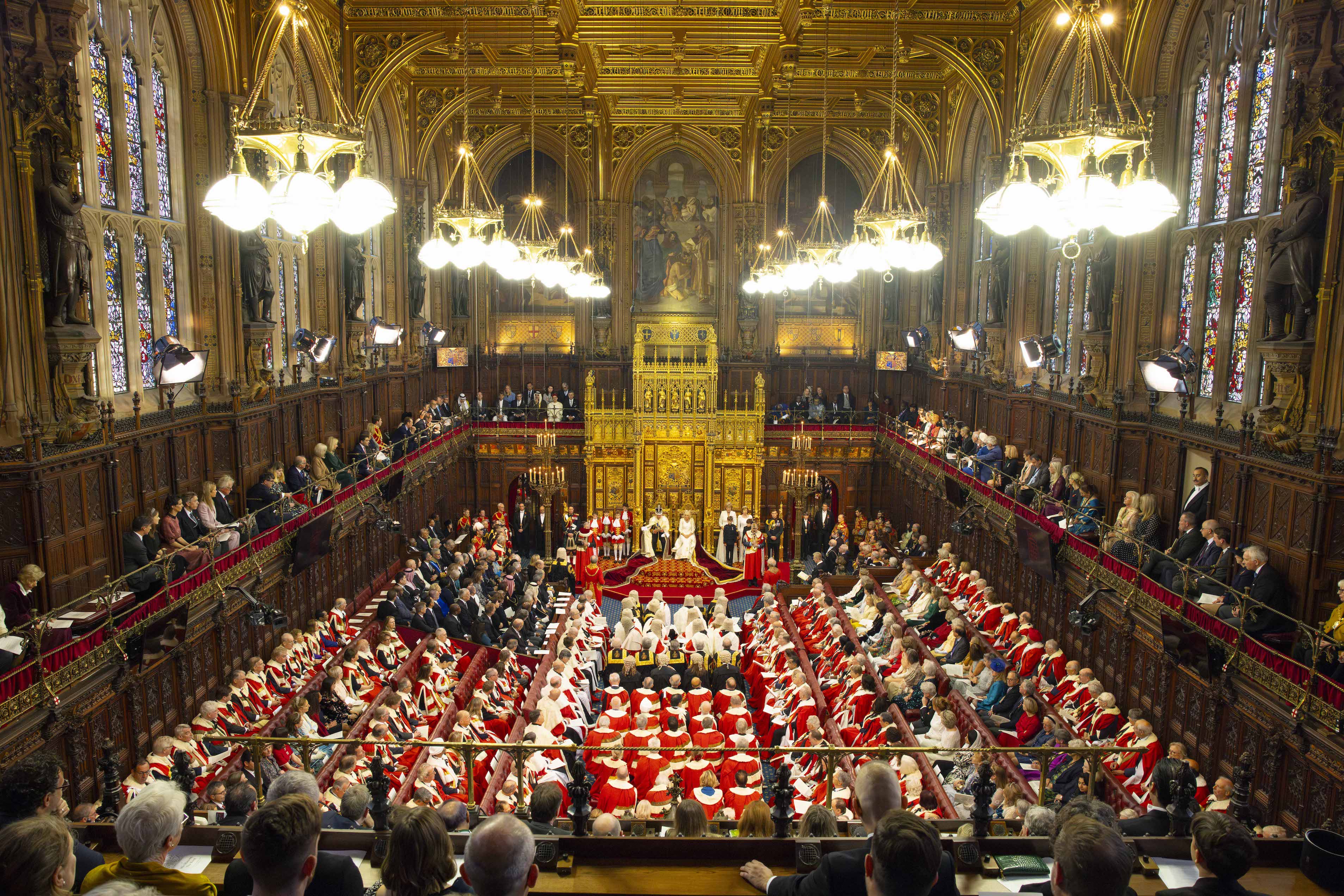New York: The United States (US) economy has shrunk for the second quarter in a row, as Gross Domestic Product (GDP) dropped an annualized 0.9 percent in April to June period, the Commerce Department reported Thursday.
While consumer spending slowed on decrease in merchandise outlays, Bloomberg reported.
The decades-high inflation undercut consumer spending and Federal Reserve interest-rate hikes stymied businesses and housing.
GDP fell at a 0.9% annualized rate after a 1.6% decline in the first three months of the year, the Commerce Department’s preliminary estimate showed Thursday. Personal consumption, the biggest part of the economy, rose at a 1% pace, a deceleration from the prior period.
This week, ahead of the data from the Commerce Department, he told reporters that the economy was “not going to be in a recession”. That prompted his opponents in the Republican party to accuse the White House of trying to redefine the term. “White House recession ‘rebrand’ won’t reduce Americans’ suffering,” they said.
BBC quoted Harvard professor Jeffrey Frankel previously served on the National Bureau of Economic Research committee, the group of academics that is charged with making the official declaration of recession that he did not think a recession started at the beginning of the year, noting the strong jobs growth. But after that he was less confident. “Things have already slowed down, so I’m not saying that everything is great,” he said. “Odds of a recession going forward are substantially higher than for a random year.”
Inflation in the US hit 9.1% in June, the fastest pace of price appreciation in more than four decades.
On Wednesday, the US central bank responded to the problem with another unusually large increase to its key interest rate, its second 0.75 percentage point rise since it started raising rates in March.
Meanwhile, APP added that the report comes at a critical time. Consumers and businesses have been struggling under the weight of punishing inflation and higher borrowing costs.
The Fed is hoping to achieve a notoriously difficult “soft landing”: An economic slowdown that manages to rein in rocketing prices without triggering a recession.
Apart from the United States, the global economy as a whole is also grappling with high inflation and weakening growth, especially after Russia’s invasion of Ukraine sent energy and food prices soaring. Europe, highly dependent on Russian natural gas, appears especially vulnerable to a recession.











 (Updated 2022)
(Updated 2022)








Discussion about this post